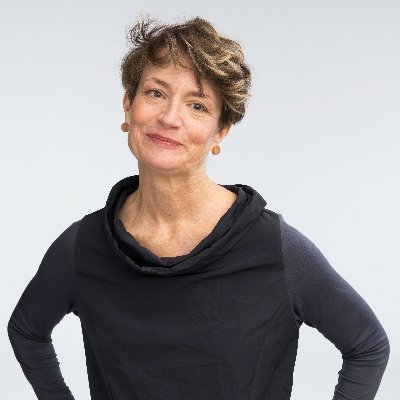I hardly ever cross-post questions from my Yo, Is This Ageist blog. I’m making an exception because the question below occasioned such a meaty discussion during this week’s Old School’s Office Hours meetup. It also helped me understand why the phrase “parenting your parents” is unacceptable. Colleague and Office Hours regular David Wilson (@oldschoolmoves) contributed a great deal to this response.
“I sit at a table for the “Prevention of Senior Abuse” (I didn’t choose the name). As I was thinking about it, I was wondering if this concept is itself ageist. Does having initiatives directed at preventing abuse of olders equate olders to children? I don’t want anyone to face abuse and I think abuse prevention is a valid undertaking, I just wonder if abuse prevention specifically addressing abuse of olders is actually inherently ageist.”
This is a tough one. Like “child abuse,” the term “senior abuse” tethers a life stage to vulnerability. It’s ageist—and ableist—to suggest growing old inherently makes people vulnerable to abuse and infantilizing to suggest that olders have the same needs as children. Virtually all children require some protections, but the same is not true of all adults. Most older people can recognize what is likely to harm them, are used to having agency and are reluctant to relinquish it. Furthermore, as geriatrician Louise Aronson writes in Elderhood, a higher level of risk than the one set by institutions and health care practitioners is often good for olders.
Yet some developmentally disabled young adults may require the same protections that kids do. The same could be true of older adults who are cognitively impaired. But that does not turn them back into children.
In the words of Elizabeth Loewy, when she was the Assistant District Attorney in charge of New York County’s Elder Abuse Unit, “So many people especially when starting in the elder abuse field will compare it to child abuse. And the medical and legal issues are completely different. Individuals who have lived a full life, even if they are impaired, should not be compared to a child.”
(This is also what makes the phrase “parenting your parent” unacceptable. Responsibilities may change, but caring for a child is different from caring for an adult. It is condescending, infantilizing and misleading to equate the two.) Nor is impairment always in play when it comes to preventing abuse. Some olders are vulnerable not because of cognitive issues or physical frailty but because they’re afraid or unwilling to confront their abusers.
In other words, it’s really complicated. Abuse prevention is a valid undertaking, and many good people do this difficult, underpaid and undervalued work. I think “Preventing Abuses of Vulnerable Adults” would be a slightly better name for it but not by much.



